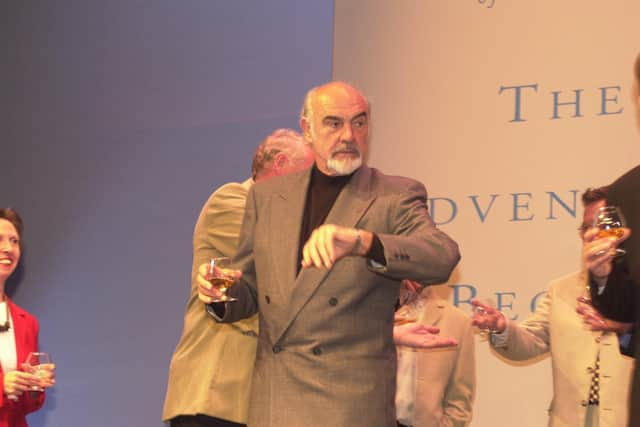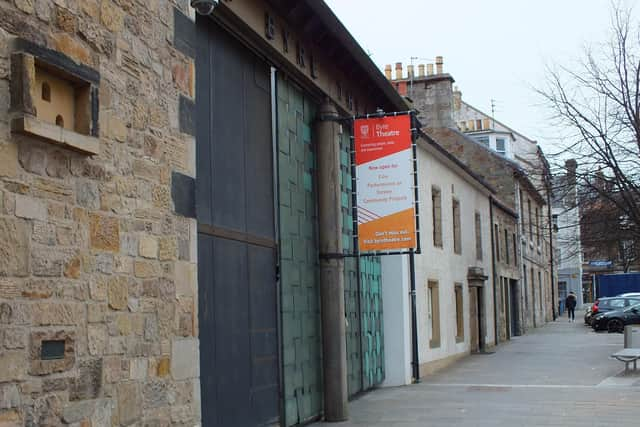Fife theatre opened by Sir Sean Connery secures future with new lease deal
and live on Freeview channel 276
Financial problems meant the venue, which is owned by Fife Council, was temporarily forced to close back in 2013 with the loss of several jobs, although it was effectively saved when St Andrews University stepped in to take over the running of the theatre on a 25-year lease the following year.
Now the council and Scotland’s oldest university have agreed to extend the current lease by a further 15 years and give the university an option to buy the building outright for just £1 when the new lease expires in August 2054.
Advertisement
Hide AdAdvertisement
Hide AdFife Council will effectively take a £445,000 hit due to the loss of a future capital receipt, while it will also lose the £300,000 a year income the theatre brings in annually.


Nevertheless, councillors on the region’s assets and corporate services sub committee agreed that the proposed approach represents the best value option for the local authority and for wider community benefit.
Councillor David Barratt, committee convener, said: “It’s clear that there’s a lot of work gone into this already - it is a very valued asset and hopefully will continue to be over the coming years.”
The Byre Theatre was custom built in 2001 at a cost of £5.5m and opened by its first patron, Sir Sean Connery. It has a main 216-seat auditorium and a 100-seat studio theatre, plus bistro.


Advertisement
Hide AdAdvertisement
Hide AdPaul Vaughan, head of communities and neighbourhoods, said provincial theatres and arts venues generally require to be subsidised - and the facility is currently operating with an annual loss around £600,000.
“In the current climate there is considerable additional uncertainty,” he added. “The council has no aspiration to operate the facility which reverted to the council following the liquidation of the former tenant.
“The university have been operating the theatre for over seven years and has fulfilled the requirements placed on it.
“Despite the high operational costs it is willing to continue to invest in the theatre but has concerns about the investment when the building isn't owned by it.
